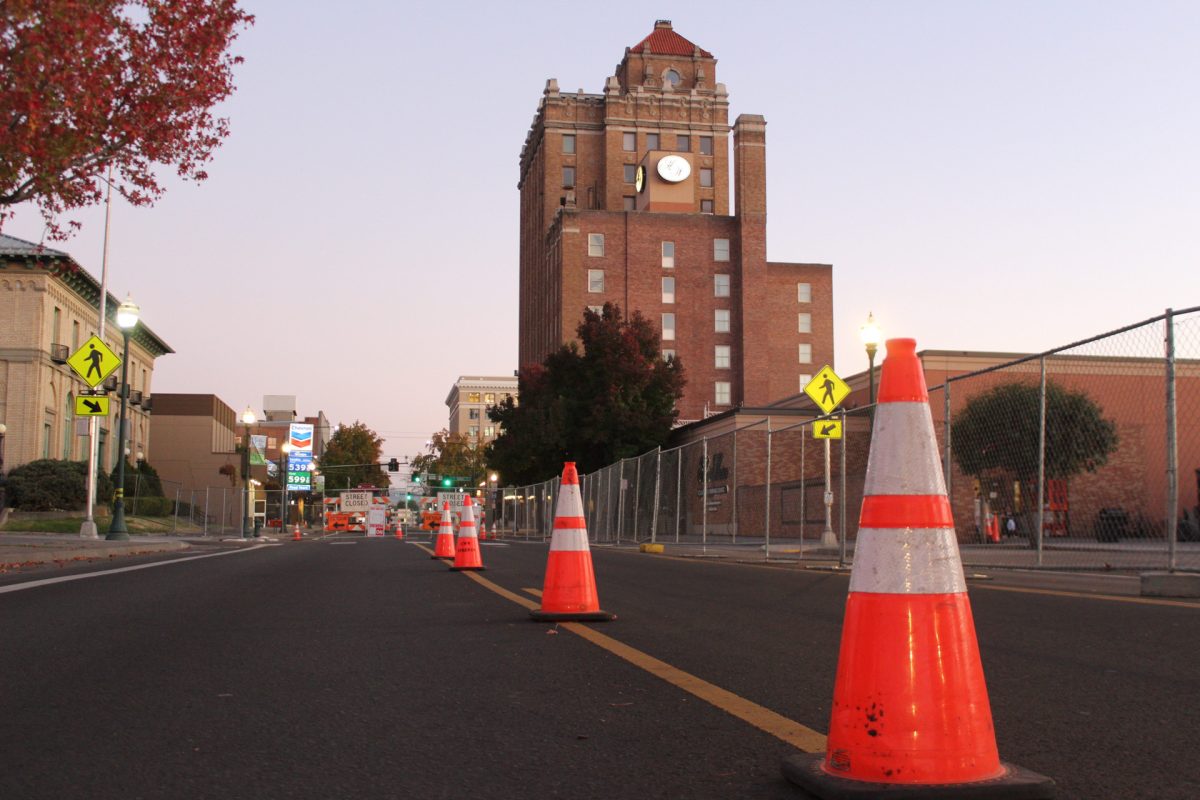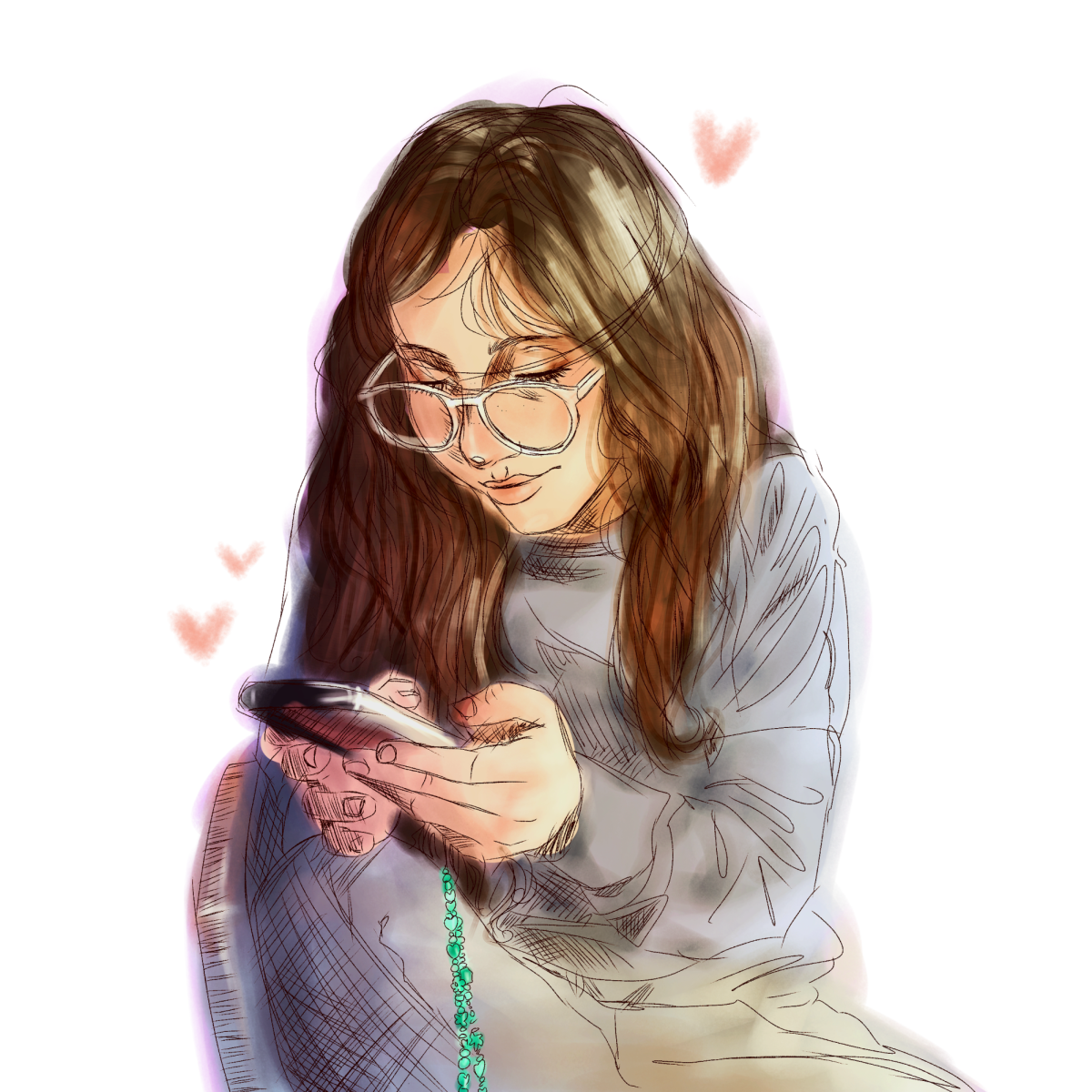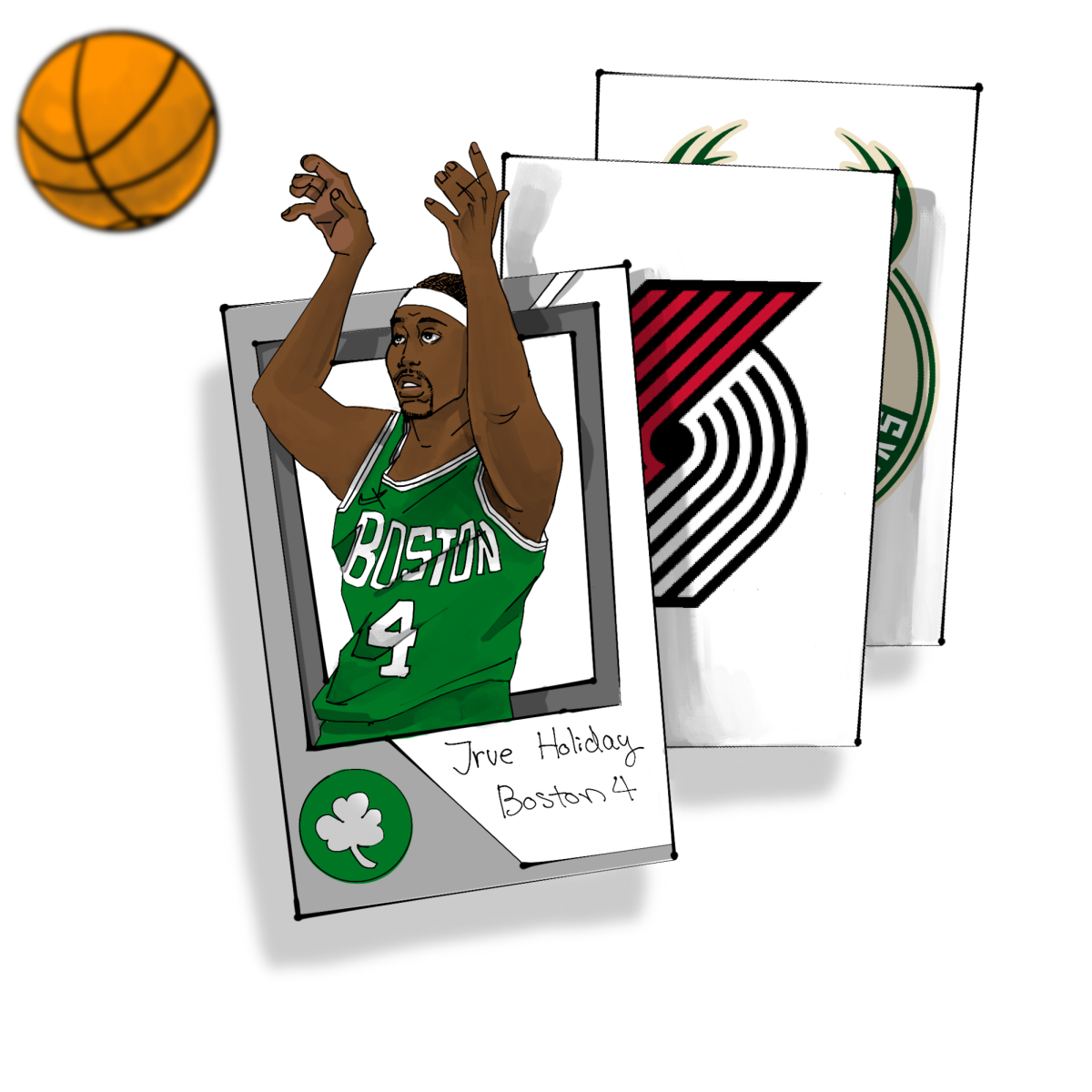
Aside from the Please Touch Museum in Philadelphia, there aren’t many galleries that allow you to reach out and touch the art. But in Whitman’s book arts classes, students push that norm.
“Book arts are a haptic experience … you are encouraged to touch them,” said Visiting Assistant Professor of Art, Mare Blocker. “It’s kind of this weird little interaction between the artist and viewer … touching the same object.”
As e-readers increasingly replace print books, the tactile book experience is something some people, like seniors Joe Cross and Liz Hockett, prize even more.
“We need those people around, [people] who are willing to put in effort to make something beautiful that you can hold, you know, and flip the pages and smell,” said Hockett.
Cross, who has passion for the art and enough faith in its future to major in it, agrees.
“Books and the economic structure around them are fading out, [but] I don’t believe that you can really beat the feeling of a handmade book,” said Cross.
Book arts, however, aren’t limited to words on the page. Students complete assignments that teach them to create sculptures out of books, alter books and even go to Goodwill with five dollars for non-book items they then turn into books.
While the rest of us sit in classrooms with desks, boards and books in largely whole and undamaged form, these students have class in a large workshop with destroyed books and magazines, fabric, ink and paint, presses from various eras, plastic glue and countless lead and wooden letters.
“You can do anything with [with book art],” said Hockett. “It’s incredibly open-ended.”
Hold no delusions that this is just glorified arts and crafts, though. Bookmaking is still a very precise, detail-oriented and an often, according to Cross, “neurotically mathematic” art. That doesn’t dissuade these student artists.
“When you finally start binding it and it actually starts to look like a book … it’s really rewarding,” said Hockett.
Cross believes that the book arts class also reaps intellectual rewards, as it helps address the chaotic state of modern information exchange.
“Book arts, for me, [offer] a kind of reflection on the flow of information and how we proliferate it,” said Cross.
Blocker hopes that some of her students help to keep the book as an object around forever.
For Cross, this remains a possibility.
“It’s not even having the right materials,” he said. “It’s just having the knowledge of it … and how it works. You can pretty much make a book wherever you are.”

















